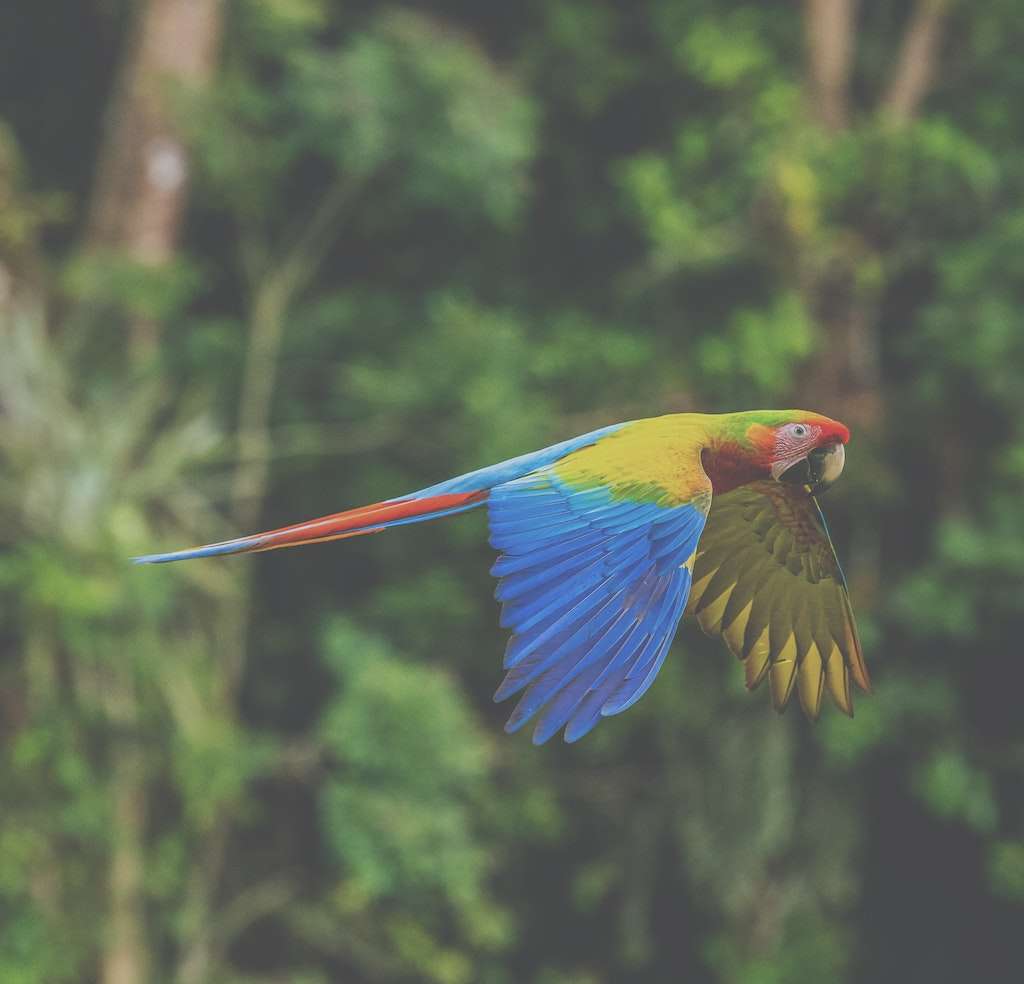A new Stanford study finds Earth will likely surpass a 1.5°C temperature rise above pre-industrial levels within the next ten to 15 years.
For years, climate scientists have been warning about the risks of rising global temperatures as a result of increased emissions. Extreme weather events including droughts, floods, fire, and rising sea levels could bring catastrophic damage to some of the most vulnerable global populations if temperatures increase 1.5°C or more over pre-industrial levels.
The findings
Now, a new Stanford paper shows that the Earth is likely to surpass the Paris Agreement target 1.5°C threshold within the next 15 years — and likely as much as 2°C of warming — even with the best efforts to reduce global emissions. The study is published in the journal Proceedings of the National Academy of Sciences. The planet is already 1.1°C over pre-industrial levels of the 1800s.
“Using an entirely new approach that relies on the current state of the climate system to make predictions about the future, we confirm that the world is on the cusp of crossing the 1.5° C threshold,” the study’s lead author, Stanford University climate scientist Noah Diffenbaugh, said in a statement.
The research is based on AI predictions using recent global temperature observations. Continued emissions released at levels similar to current will yield the 2-degree rise by the middle of the century, with the AI predicting an 80 percent chance of reaching that threshold by 2060.

Using AI differs from other climate assessments that have used climate models to simulate potential warming trends and trajectories.
The new estimates were built with a neural network, which the researchers programmed with a number of global climate model simulations. Once the AI learned the patterns of the simulations, it was asked to predict the years until specific temperature thresholds were reached.
The researchers tested the AI based on temperature data from 1980 to 2021, which it correctly predicted. The AI also correctly predicted the declining pace of recent years that led to the 1.1°C temperature rise.
“This was really the ‘acid test’ to see if the AI could predict the timing that we know has occurred,” Diffenbaugh said. “We were pretty skeptical that this method would work until we saw that result. The fact that the AI has such high accuracy increases my confidence in its predictions of future warming.”
2°C is likely to be exceeded
Diffenbaugh said the AI model is “quite convinced” that there has already been enough warming that 2°C is likely to be exceeded if reaching net-zero emissions “takes another half century,” he said.
The findings differ from other assessments, including the IPCC reports that say that the 2-degree temperature rise is unlikely to happen before 2080 with emissions declining to net-zero beforehand. But the new model shows a different scenario where even the slightest climbs in temperature could bring unprecedented consequences — a climate tipping point — that could see polar ice sheets melt, ocean acidification, and significant forest loss.

According to the AI prediction, there’s a 50 percent chance the 2°C temperature rise will happen by 2054, and 66 percent chance of crossing the threshold between 2044 and 2065.
But there’s still hope, the researchers say; rapid efforts to curb carbon dioxide, methane, and other heat-trapping gasses will play a crucial role. Countries on track to achieve net-zero in the coming decades were factored into the AI simulations.
“Those net-zero pledges are often framed around achieving the Paris Agreement 1.5 C goal,” said Diffenbaugh. “Our results suggest that those ambitious pledges might be needed to avoid 2 C.”
Related on Ethos:


